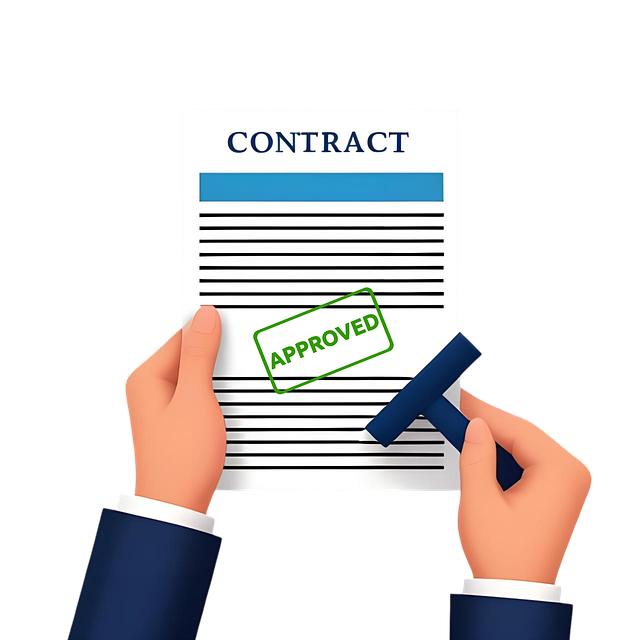Introduction to Transaction Coordination
A real estate transaction coordinator checklist is crucial to managing real estate transactions efficiently—it helps TCs track every step of a contract, ensure compliance, and avoid costly breaches or delays. A typical transaction can include up to 198 tasks, each bound by strict deadlines and legal requirements. A well-structured checklist keeps coordinators organized and focused, even when juggling multiple deals.
Benefits of Using a Checklist
- Error Prevention: Stops missed steps that lead to delays or compliance issues.
- Improved Organization: Provides structure and clarity throughout the transaction.
- Reduced Stress: Guides you through each phase, so nothing slips through the cracks.
- Consistency: Ensures every deal follows the same proven workflow.
Creating a Real Estate Checklist
-
Cover All Phases:
- Pre-listing preparation
- Under contract
- Closing
- Post-closing follow-up
-
Customize for Deal Types:
- Single-family sale vs. land purchase
- Buyer vs. seller side
-
Use a Template:
Start with a transaction coordinator checklist template and tailor it to your workflow. -
Digitize & Share:
Maintain a PDF or digital checklist for easy editing and collaboration.

Pre-Listing Preparation
- Gather required documents and property details.
- Confirm all legal paperwork is complete before marketing.
- Organize pre-listing tasks to prevent downstream delays.
Communication Protocols
- Establish clear update schedules with agents, buyers, sellers, lenders, and attorneys.
- Centralize messages in your transaction management software.
- Automate notifications for key dates and document requests.
- Keep lines open to reduce misunderstandings and last-minute rushes.
Transaction Stages
Under Contract
- Activate your “Under Contract” checklist immediately.
- Coordinate with lenders on financing paperwork.
- Monitor deadlines for inspections, appraisals, and contingencies.
Closing
- Confirm all closing documents with attorneys and escrow.
- Verify signatures, funds, and final walkthrough details.
- Use a closing checklist to avoid last-minute issues.
Post-Closing
- Archive transaction files and finalize reports.
- Follow up with clients and vendors for feedback.
- Ensure all post-closing tasks (e.g., warranty transfers) are complete.

Managing Transactions with Software
- Automation: Transaction management platforms integrate checklists, reminders, and document storage.
- CRM Integration: Sync your deals with client relationships and communications.
- Error Reduction: Automated workflows cut down on manual entry and missed steps.
Compliance & Documentation Essentials
- Include every required document: purchase agreements, loan docs, disclosures, etc.
- Stay current on state and local regulations using state disclosure guides.
- Perform regular audits of your checklist to confirm completeness.
- Prioritize compliance to minimize legal risk and protect client interests.

Roles & Responsibilities
Real Estate Agents
- Licensed professionals who manage listings, showings, negotiations, and client representation.
- Use checklists to collaborate with TCs and deliver a seamless client experience.
Transaction Coordinators
- Administrative experts who own paperwork, timelines, communication, and vendor coordination.
- Serve as the transaction’s “air-traffic control,” ensuring every deadline and document is handled.
Best Practices & Automation
- Automate Repetitive Tasks: If you repeat a step three times, build an automation.
- Send Automated Updates: Keep clients and agents informed with scheduled notifications.
- Audit Quarterly: Review and refine your checklist to adapt to new regulations and feedback.
- Leverage Vendor Lists: Maintain approved vendors for inspections, appraisals, and title work.
Enhancing the Client Experience
- Provide a branded client portal with real-time status updates.
- Offer clear explanations at each stage to build trust.
- Deliver smooth, error-free closings to earn referrals and repeat business.
Free & Customizable Resources
- Access free checklist templates to jump-start your process.
- Tailor templates for specific deal types and brokerage requirements.
Continuous Improvement
- Solicit feedback from agents, clients, and vendors after each closing.
- Track metrics: error rates, time to close, and client satisfaction.
- Update your checklist and workflows to stay ahead of industry changes.
Conclusion
A well-structured transaction coordination checklist is the backbone of seamless real estate closings. By combining best practices, automation, and continuous refinement, TCs can manage multiple transactions with confidence, minimize errors, and deliver exceptional client service.





